Apple has recently agreed to a multimillion-dollar settlement that could affect tens of millions of Siri across the United States, and you might be one of them.
Siri, introduced by Apple in 2011, revolutionized how people interact with their devices. As a voice-activated virtual assistant, Siri is designed to help users perform tasks, answer questions, and control their devices through natural language commands. Users typically activate Siri by saying “Hey Siri” or pressing a designated button, after which the assistant listens for commands and responds accordingly. This technology has become deeply integrated into Apple’s ecosystem, appearing in iPhones, iPads, Mac computers, Apple Watches, HomePod speakers, and Apple TVs.
However, the convenience of voice-activated assistance comes with privacy implications. The lawsuit, filed in Oakland, California federal court, centers on allegations that Apple’s Siri voice assistant recorded private conversations without users’ consent. According to court documents, the unauthorized recordings occurred when Siri was inadvertently activated, capturing personal discussions that users believed were private. More concerning, these recordings were allegedly shared with third parties, including advertisers, leading to targeted advertisements based on private conversations.
Users reported receiving targeted advertisements for products they had only discussed verbally near their devices. For instance, two plaintiffs in the lawsuit reported seeing ads for Air Jordan sneakers and Olive Garden restaurants shortly after mentioning these brands in private conversations. Another plaintiff claimed to receive advertisements for a specific surgical treatment after discussing it privately with their doctor. Finally, a whistleblower revealed to The Guardian that accidental activations were common, with something as simple as a zipper sound potentially triggering Siri.
The proposed $95 million settlement comes after a five-year legal battle initiated by the 2019 report from The Guardian, which revealed that Apple’s third-party contractors regularly heard confidential information. While Apple has maintained its denial of any wrongdoing, the company has agreed to settle the case, potentially offering compensation to customers who owned Siri-enabled devices between September 2014 and December 2024.
How and when can you submit your Siri settlement claim?
Currently, you cannot fill out the Apple class action lawsuit form online. The settlement is still pending preliminary approval from U.S. District Judge Jeffrey White in the Oakland federal court, and no claim submission process has been established yet. Once the settlement receives court approval, which could take several weeks or months, eligible individuals will likely be able to submit their claims through an official settlement website. The settlement is expected to compensate qualifying users with up to $20 per Siri-enabled device, with claimants able to submit claims for up to five devices. Granted, it’s not much, but this value could increase should the settlement be refused to pressure Apple to adequately compensate its users.
To qualify for the settlement, users must confirm under oath that they experienced Siri listening to a “conversation intended to be private” without specific activation. Eligible devices include iPhones, iPads, HomePod speakers, Mac computers, Apple Watches, and Apple TVs purchased during the specified period. Beyond monetary compensation, the settlement terms require Apple to confirm the deletion of Siri audio recordings collected before October 2019 and create a webpage better explaining their opt-in “Improve Siri” program. However, potential claimants should note that accepting settlement money means forfeiting their right to sue Apple for related claims in the future.
For now, interested parties should stay informed about the settlement’s progress through official channels. Once the court grants preliminary approval, details about the claim submission process will be made public, allowing affected users to seek their portion of the settlement. The preliminary approval hearing is scheduled for Feb. 14, 2025, after which more specific information about the claims process should become available.

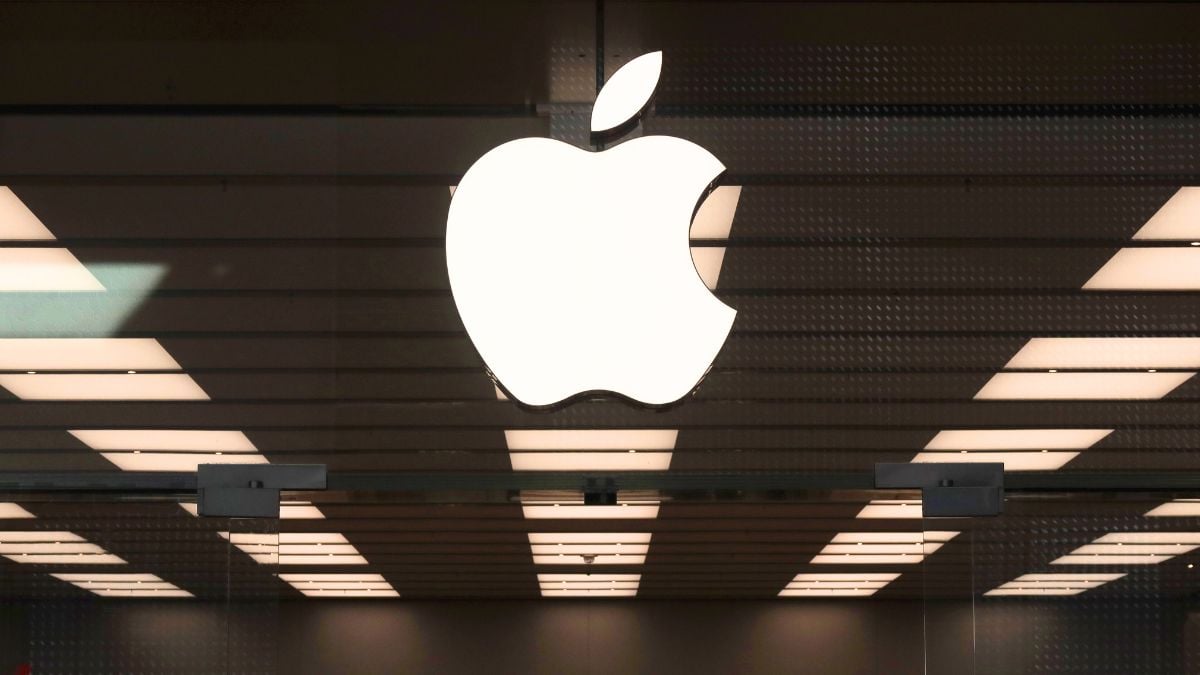
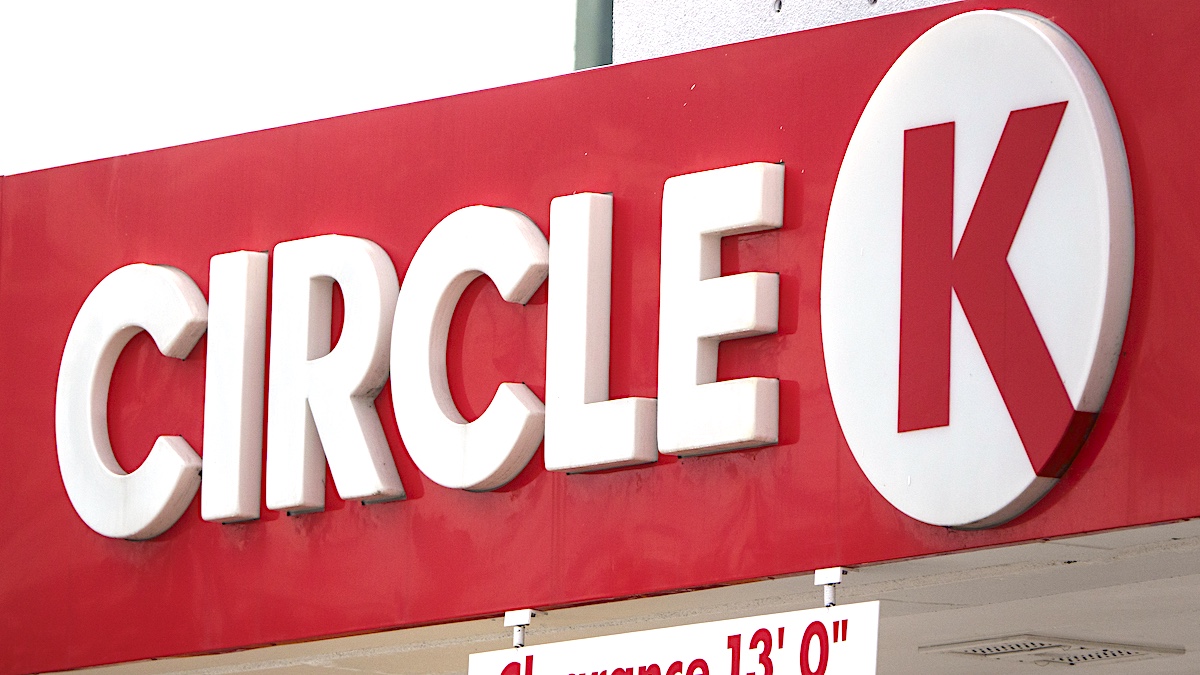




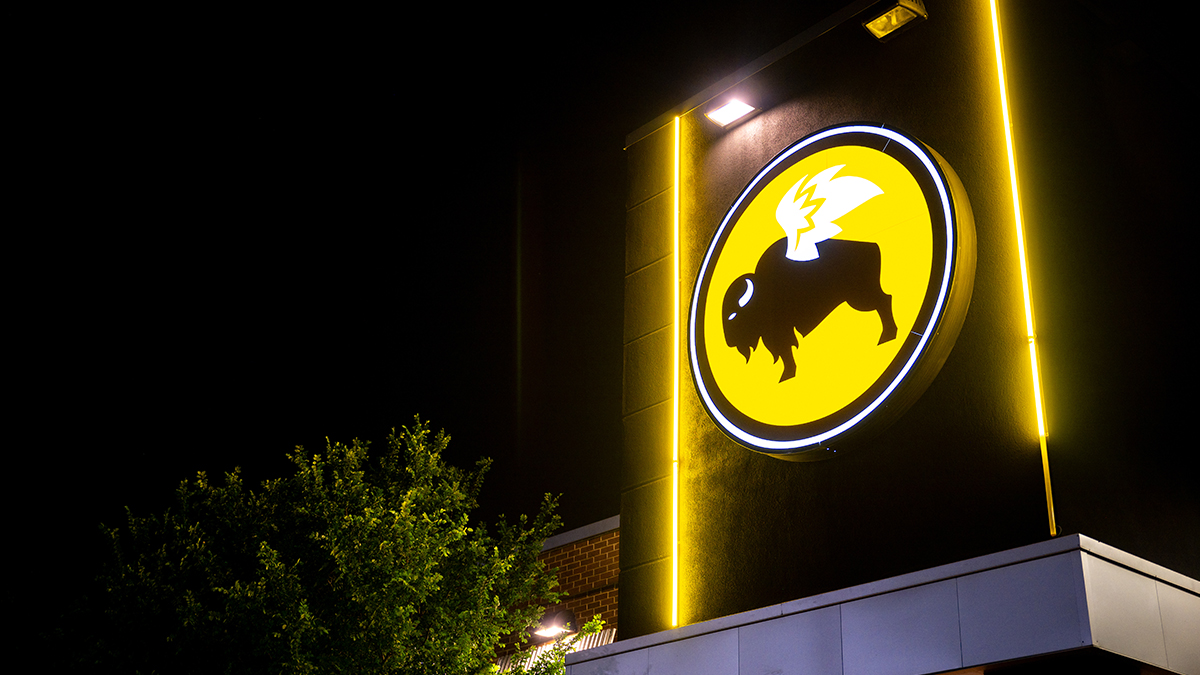
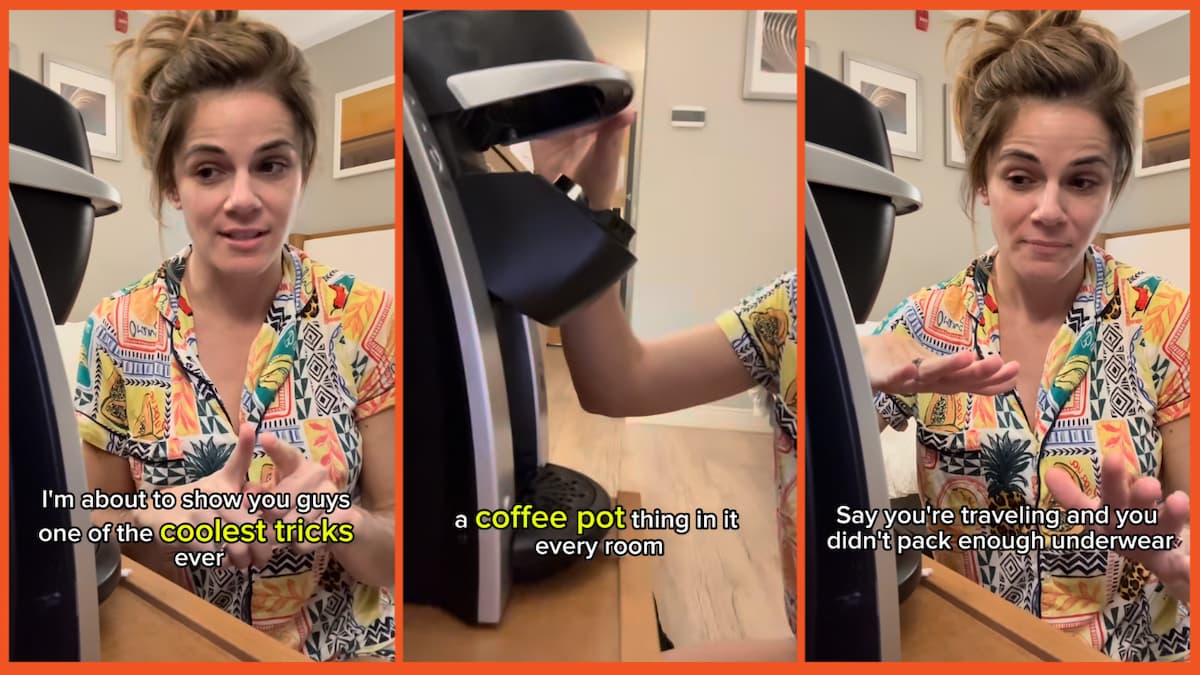
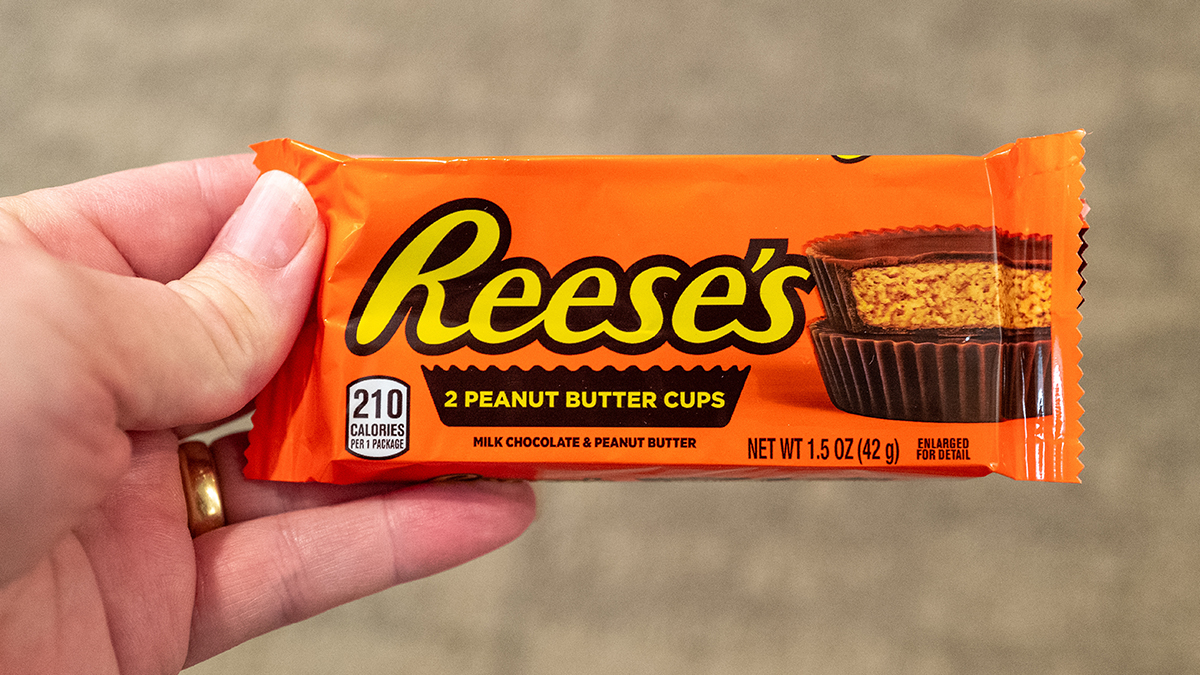

Published: Jan 5, 2025 12:02 pm